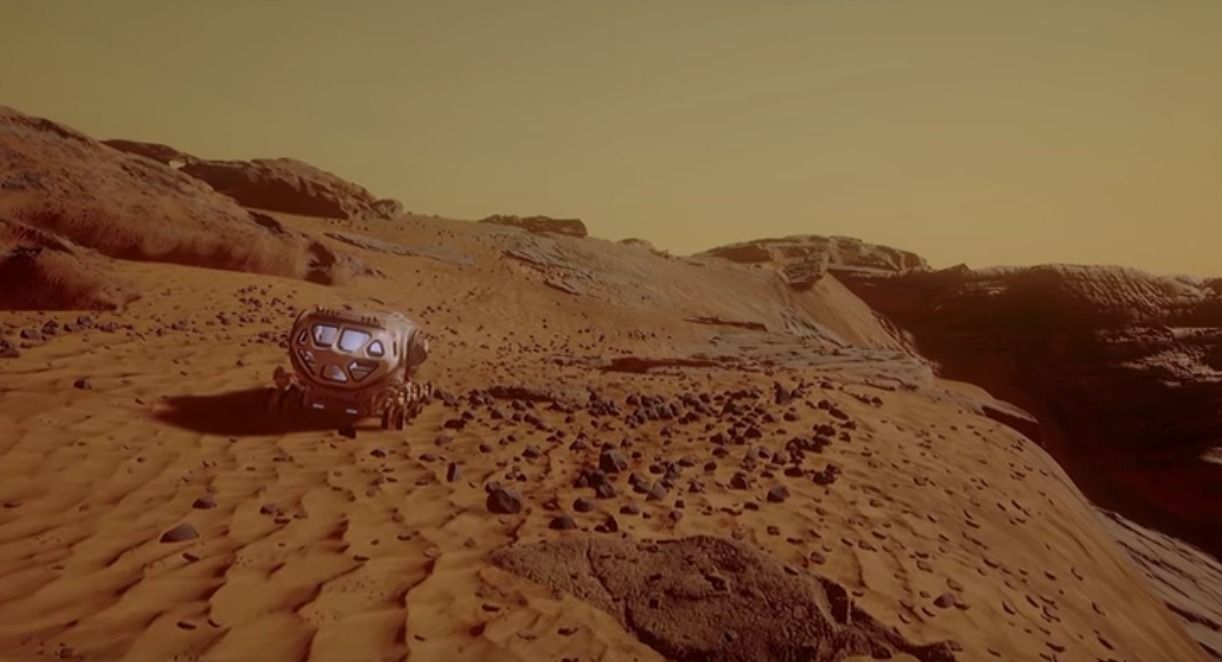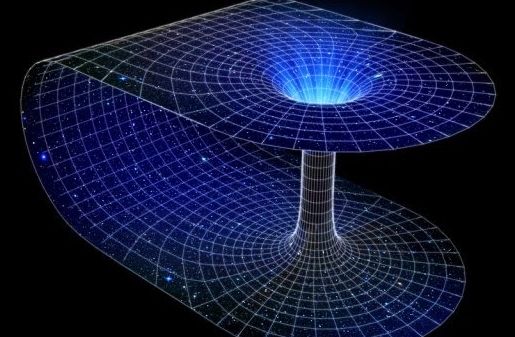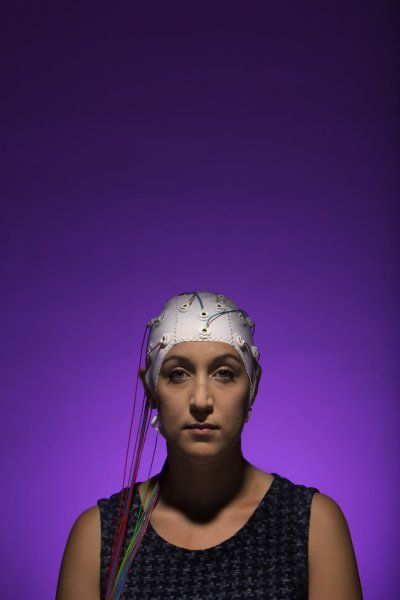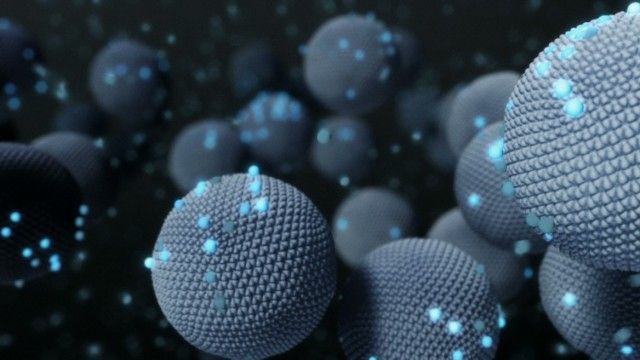Page 10731
Apr 19, 2016
Playing VR Game ‘Mars 2030’, Which Uses NASA Data to Explore the Red Planet
Posted by Klaus Baldauf in categories: entertainment, space, virtual reality
Apr 18, 2016
Large Hadron Collider(LHC) Could Detect Extra Dimensions
Posted by Andreas Matt in categories: cosmology, quantum physics
Large Hadron Collider (LHC) Could Detect Extra Dimensions.
A recent paper published in Physics Letters B has raised the prospect that the Large Hadron Collider (LHC) could mark a discovery that would put its earlier achievements with the #HiggsBoson in the shade. The authors of the recent published paper propose it could spot mini black holes. Such a discovery would be a matter of massive importance on its own, but might be a sign of even more significant things. Few notions from theoretical physics capture the public imagination as much as the “many-worlds theory,” which suggests an infinite number of universes that vary from our own in ways large and small. The notion has delivered great fodder for science fiction novelists and comedians. Nevertheless, according to Professor Mir Faizal from the University of Waterloo, “Normally, when people think of the multiverse, they think of the many-worlds interpretation of quantum mechanics, where every possibility is actualized,” he told Phys.org. “This cannot be tested and so it is philosophy and not science.” Nonetheless, Faizal reflects the test for a different type of parallel universes nearly within our reach. Faizal says “What we mean is real universes in extra dimensions. As gravity can flow out of our universe into the extra dimensions, such a model can be tested by the detection of mini black holes at the LHC.”
#ParticlePhysics #Extradimensions #LHC #CERN #TheoreticalPhysics #BlackHoles
Continue reading “Large Hadron Collider(LHC) Could Detect Extra Dimensions” »
Apr 18, 2016
DJI unveils its new M600 hexacopter, with 6 separate ‘smart’ batteries
Posted by Karen Hurst in categories: drones, robotics/AI, space
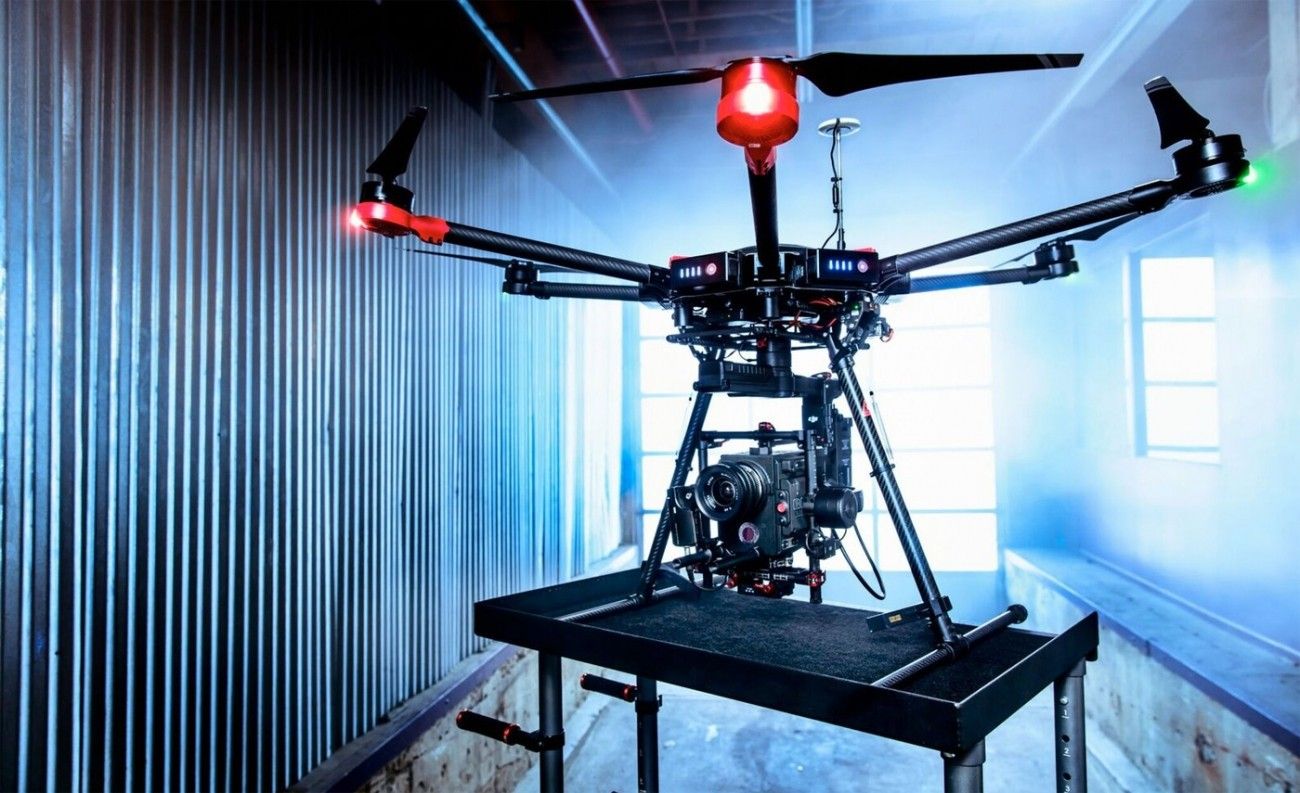
DJI unveils its new Matrice 600 drone, capable of handling the insane Red Epic camera in the air.
By: Anthony Garreffa | Science, Space & Robotics News | Posted: 1 hour, 19 mins ago.
Continue reading “DJI unveils its new M600 hexacopter, with 6 separate ‘smart’ batteries” »
Apr 18, 2016
Researchers can identify you by your brain waves with 100 percent accuracy
Posted by Karen Hurst in categories: computing, neuroscience
Could we see BMI technology used as part of our ID?
A team of researchers at Binghamton University, led by Assistant Professor of Psychology Sarah Laszlo and Assistant Professor of Electrical and Computer Engineering Zhanpeng Jin, recorded the brain activity of 50 people wearing an electroencephalogram headset while they looked at a series of 500 images designed specifically to elicit unique responses from person to person — e.g., a slice of pizza, a boat, Anne Hathaway, the word “conundrum.” They found that participants’ brains reacted differently to each image, enough that a computer system was able to identify each volunteer’s “brainprint” with 100 percent accuracy.
“When you take hundreds of these images, where every person is going to feel differently about each individual one, then you can be really accurate in identifying which person it was who looked at them just by their brain activity,” said Laszlo.
Continue reading “Researchers can identify you by your brain waves with 100 percent accuracy” »
Apr 18, 2016
Common over-the-counter drugs can hurt your brain
Posted by Karen Hurst in categories: biotech/medical, neuroscience
Makes one assess their medicine cabinet especially those allergy meds, etc.
The new study is the first to examine the physical changes that serve as the catalyst for cognitive decline. Using brain imaging techniques, researchers at the Indiana University School of Medicine found (PDF) lower metabolism and reduced brain sizes among study participants taking anticholinergic drugs.
“These findings provide us with a much better understanding of how this class of drugs may act upon the brain in ways that might raise the risk of cognitive impairment and dementia,” said Shannon Risacher, an assistant professor of radiology and imaging sciences.
Continue reading “Common over-the-counter drugs can hurt your brain” »
Apr 18, 2016
AAN Updates Guidelines on Use of Botulinum Toxin for Spasticity, Headache, Other Brain Disorders
Posted by Karen Hurst in categories: biotech/medical, neuroscience
Given more recent news about over the counter drugs contributing to dementia; makes me wonder what Botox injects in Neuro/ head area will eventually reveal in the long run in relation to dementia, etc.
VANCOUVER, British Columbia, April 18, 2016 /PRNewswire-USNewswire/ — The American Academy of Neurology (AAN) has updated its 2008 guidelines on the use of botulinum toxin for spasticity, cervical dystonia, blepharospasm and migraine headache, based on recent research. The guideline is published in the April 18, 2016, online issue of Neurology®, the medical journal of the American Academy of Neurology, and will be presented at the 68th AAN Annual Meeting in Vancouver, Canada, April 15 to 21, 2016.
Apr 18, 2016
IIT to Develop Nanosensors to Boost Farm Productivity
Posted by Karen Hurst in categories: electronics, food, sustainability
Nice
HYDERABAD: In an initiative that may improve farm productivity, Indian Institute of Technology (IIT), Mumbai and Professor Jayashankar Telangana State Agriculture University (PJTSAU), Hyderabad have joined hands to develop nanosensors that can read the percentage of moisture and nutrients in the soil. This new research is expected to provide an important technological innovation in the field of agriculture. This is for the first time an IIT is collaborating with an agricultural university to devise solutions for the farmers.
“While we were exploring the possibilities of nano technology in various fields, the idea of using it in agriculture sector struck us. Thanks to the interest shown by some agricultural scientists at PJTSAU, we decided to develop nanosensors which can calculate the moisture content of the soil. There is a need for IITs to work for solving the problems faced by farmers and this is a step in that direction,” said V Ramgopal Rao, director of IIT Delhi, who was instrumental in initiating the research project, while he was the chief investigator of Centre of Excellence in Nanoelectronics Project at IIT, Mumbai.
While IIT, Mumbai will develop the nano soil sensors, PJTSAU will serve as the testing partner and conduct field tests to assess the efficacy of nanosensors. Already, funds have been allotted by IIT for the research project and a team of agricultural scientists and technologists has been formed to work on the project.
Continue reading “IIT to Develop Nanosensors to Boost Farm Productivity” »
Apr 18, 2016
Kumaun Univ’s project to turn plastic waste to graphene bags Rs 2 crore grant
Posted by Karen Hurst in categories: biotech/medical, computing, sustainability
Like it — turning those old plastic into Graphene bags.
Summary: The project will also motivate people to collect used plastic bottles and other plastic waste, which is degrading to the environment, and help us in putting it to good use. Once the varsity is able to make graphene out of the plastic waste, it can eventually also be used as an alternate source of energy. We received an approval letter for the project proposal on April 16 and the initial grant of Rs 1,97,88,800 for a period of three years has been approved. “Dhami also said that much of the encouragement for research work in the varsity came from governor K K Paul, who has been motivating universities in the state to pursue research in nano science and nano technology. In fact, even wrappers and packets of chips are an environmental hazard.
DEHRADUN: A project proposed by Kumaun University in Nainital to synthesize graphene from plastic waste to use the material in energy and biomedical applications has received approval for a grant of nearly Rs 2 crore. Confirming that the grant has been approved, vice-chancellor of Kumaun University, H S Dhami, said, “It is a great achievement as the varsity aims at contributing to the society through research work. We received an approval letter for the project proposal on April 16 and the initial grant of Rs 1,97,88,800 for a period of three years has been approved.” The grant has been approved by The National Mission on Himalayan Studies (NMHS), G B Pant Institute of Himalayan Environment and Development (GBPIHED), Ministry of Environment, Forests and Climate Change.
Continue reading “Kumaun Univ’s project to turn plastic waste to graphene bags Rs 2 crore grant” »
Apr 18, 2016
When size matters: Tiny innovations for a better world
Posted by Karen Hurst in categories: food, nanotechnology
Some of Israel’s latest nanotechnology startups reveal how they can improve many aspects of life, from public safety to food safety.

